Description
Lithium-ion (Li-ion) batteries are commonly used for uninterruptible power supplies (UPS) and integrated power systems (IPS) due to their advantages over traditional lead-acid batteries. Here’s why they are a popular choice:
Key Benefits of Li-ion Batteries for IPS:
- Longer Lifespan: Li-ion batteries generally last 5 to 10 years, which is much longer than lead-acid batteries, which typically last 3 to 5 years. This reduces replacement costs and downtime.
- Higher Energy Density: Li-ion batteries have a higher energy density, meaning they can store more energy in a smaller and lighter package. This is especially useful for systems where space is limited.
- Faster Charging: Lithium-ion batteries charge much faster than traditional lead-acid batteries, which can be a significant advantage when downtime needs to be minimized.
- Efficiency: Li-ion batteries have a higher round-trip efficiency, meaning less energy is wasted in the charging and discharging process. This makes them more efficient in terms of power usage.
- Reduced Maintenance: Unlike lead-acid batteries, Li-ion batteries don’t require as much maintenance, such as watering or periodic testing, which saves time and resources.
- Temperature Tolerance: Li-ion batteries typically handle temperature variations better than lead-acid batteries, especially in terms of performance and longevity.
- Eco-friendliness: While still requiring proper recycling, lithium-ion batteries are generally more eco-friendly than lead-acid, which contain harmful materials like lead and sulfuric acid.
Considerations:
- Cost: Li-ion batteries tend to have a higher upfront cost compared to lead-acid. However, the total cost of ownership can be lower due to their longer lifespan and lower maintenance needs.
- Safety: While lithium-ion batteries are generally safe, they require careful monitoring to prevent overheating or thermal runaway, which can occur under certain conditions (e.g., overcharging, short-circuiting). Battery management systems (BMS) are essential to ensure safe operation.
- Temperature Sensitivity: While they can handle a wider range of temperatures, extreme heat or cold can still degrade performance, so temperature management may still be necessary in certain environments.
Applications:
- Data Centers: Li-ion batteries are increasingly being used in data centers where uptime is critical, and space is limited.
- Telecommunications: Li-ion batteries are also popular in telecommunications for backup power systems.
- Industrial & Commercial: They are used in various industrial applications where continuous power is necessary.

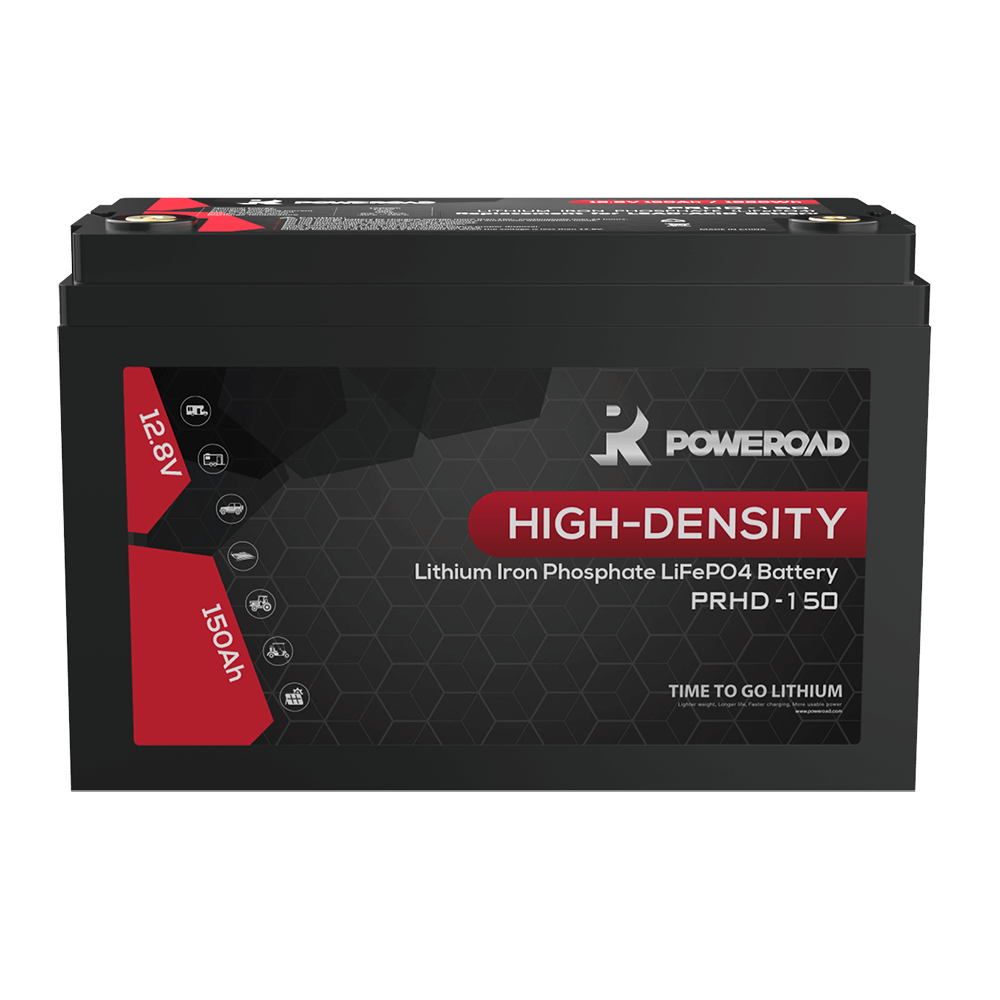
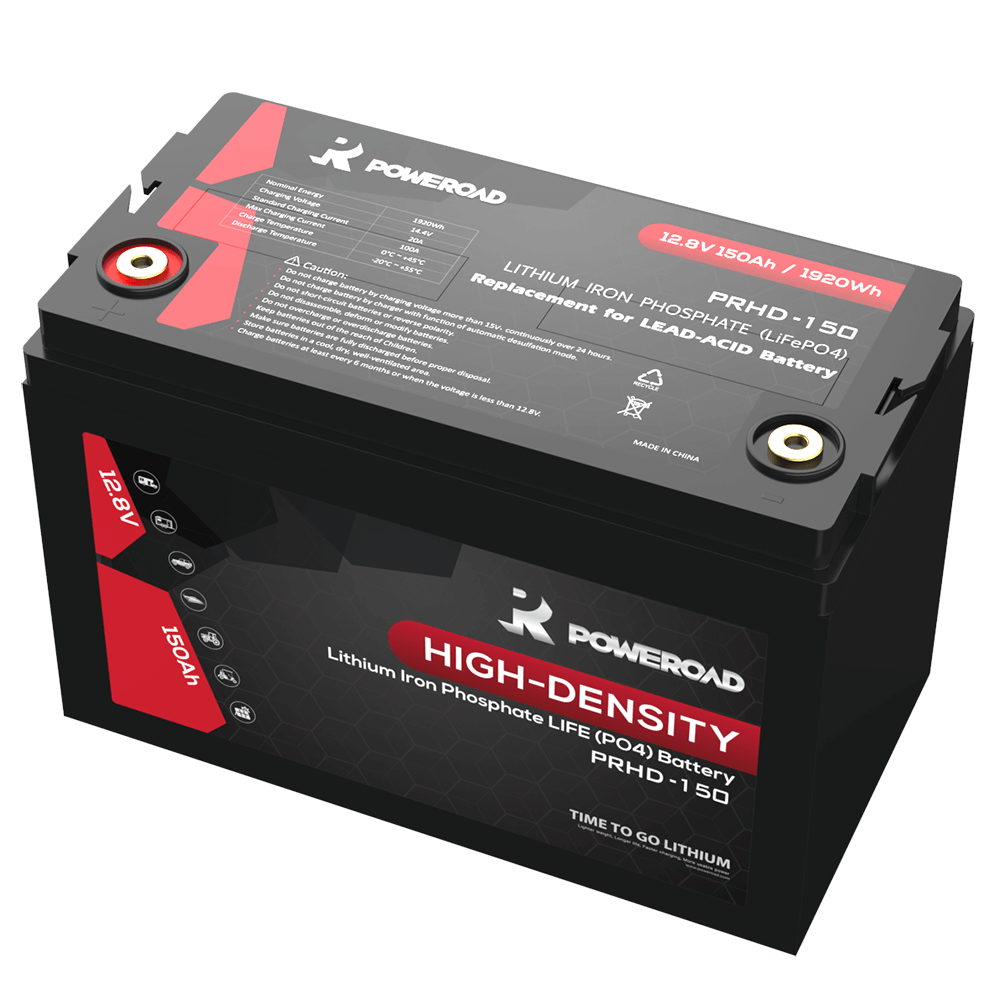
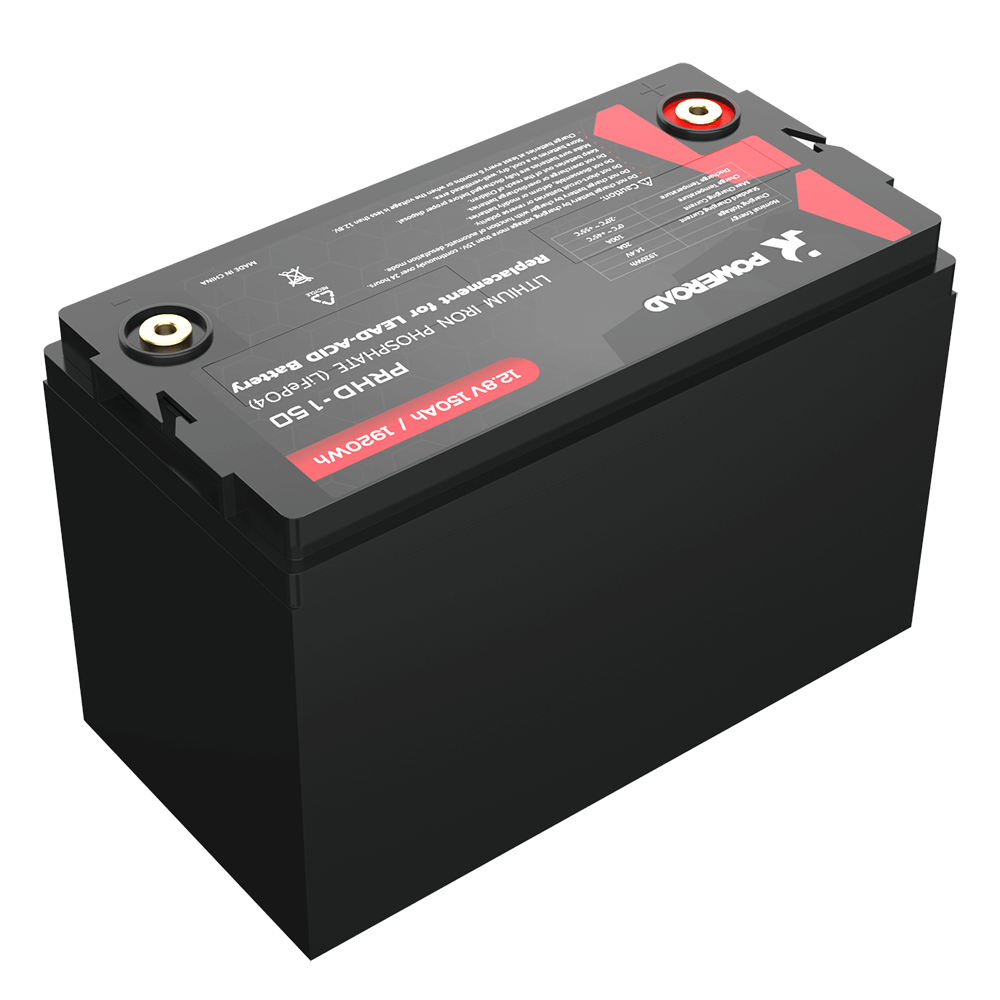
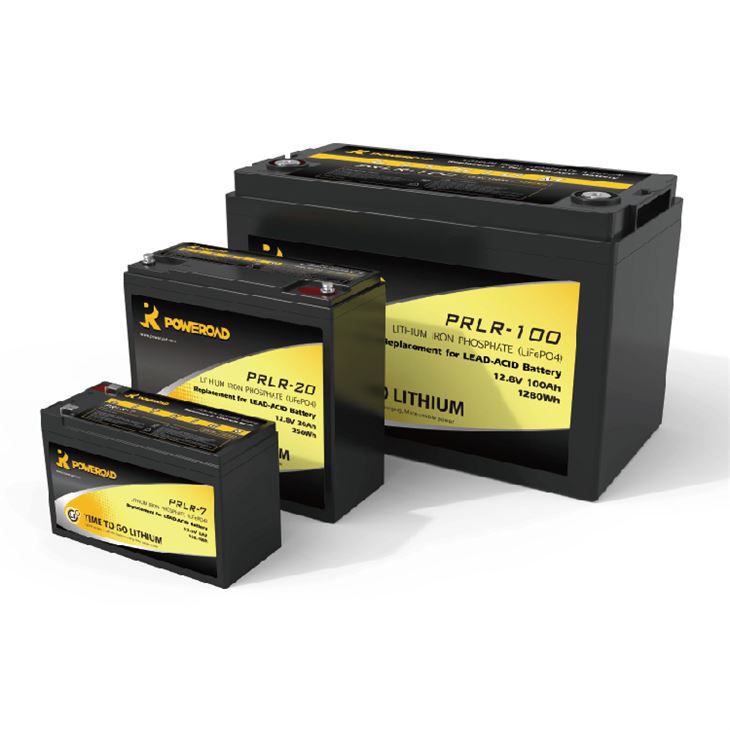
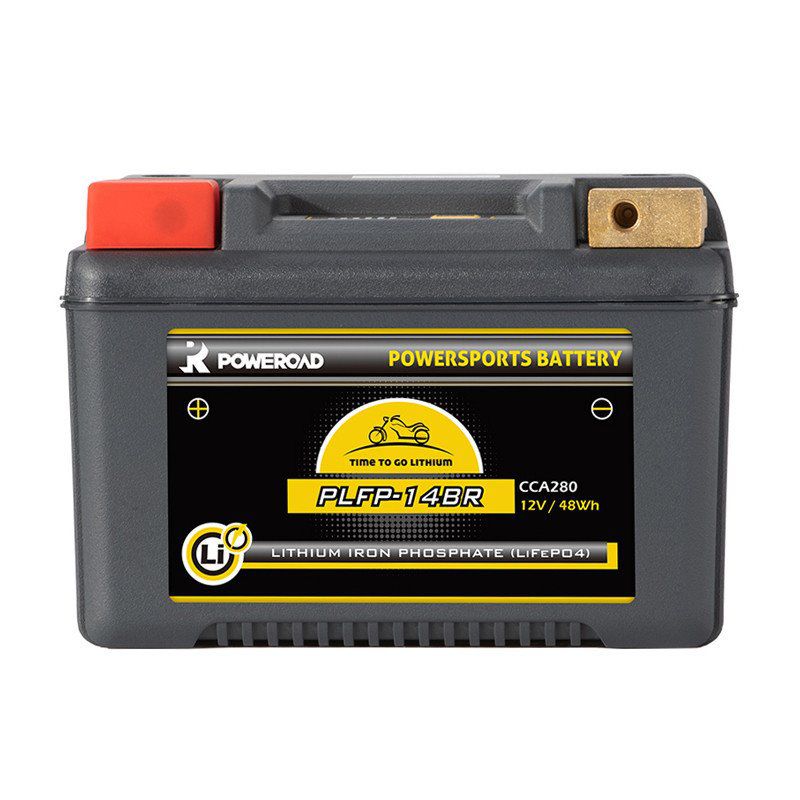
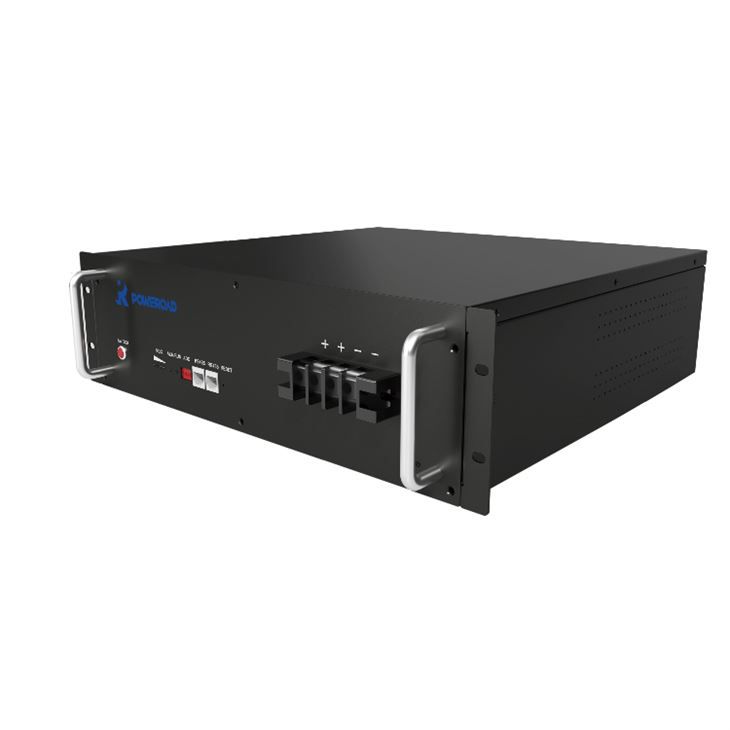
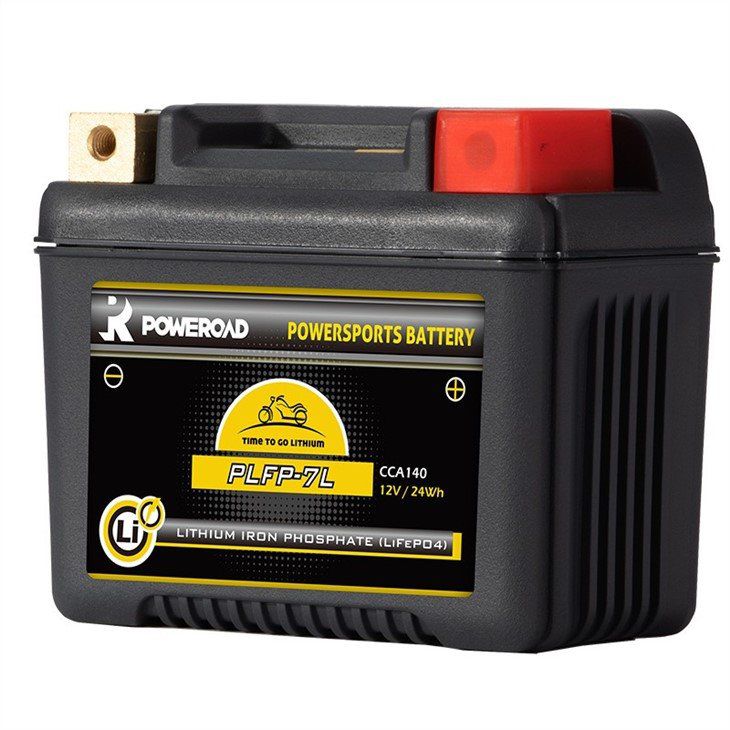
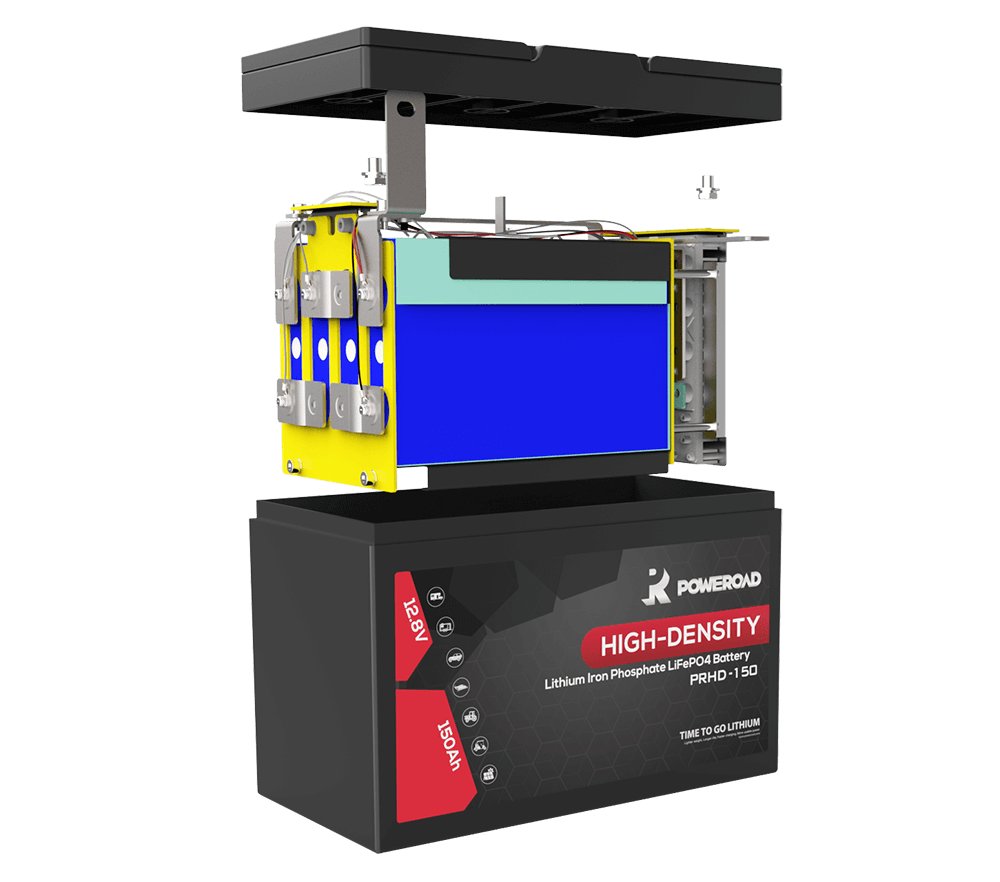






Reviews
There are no reviews yet.